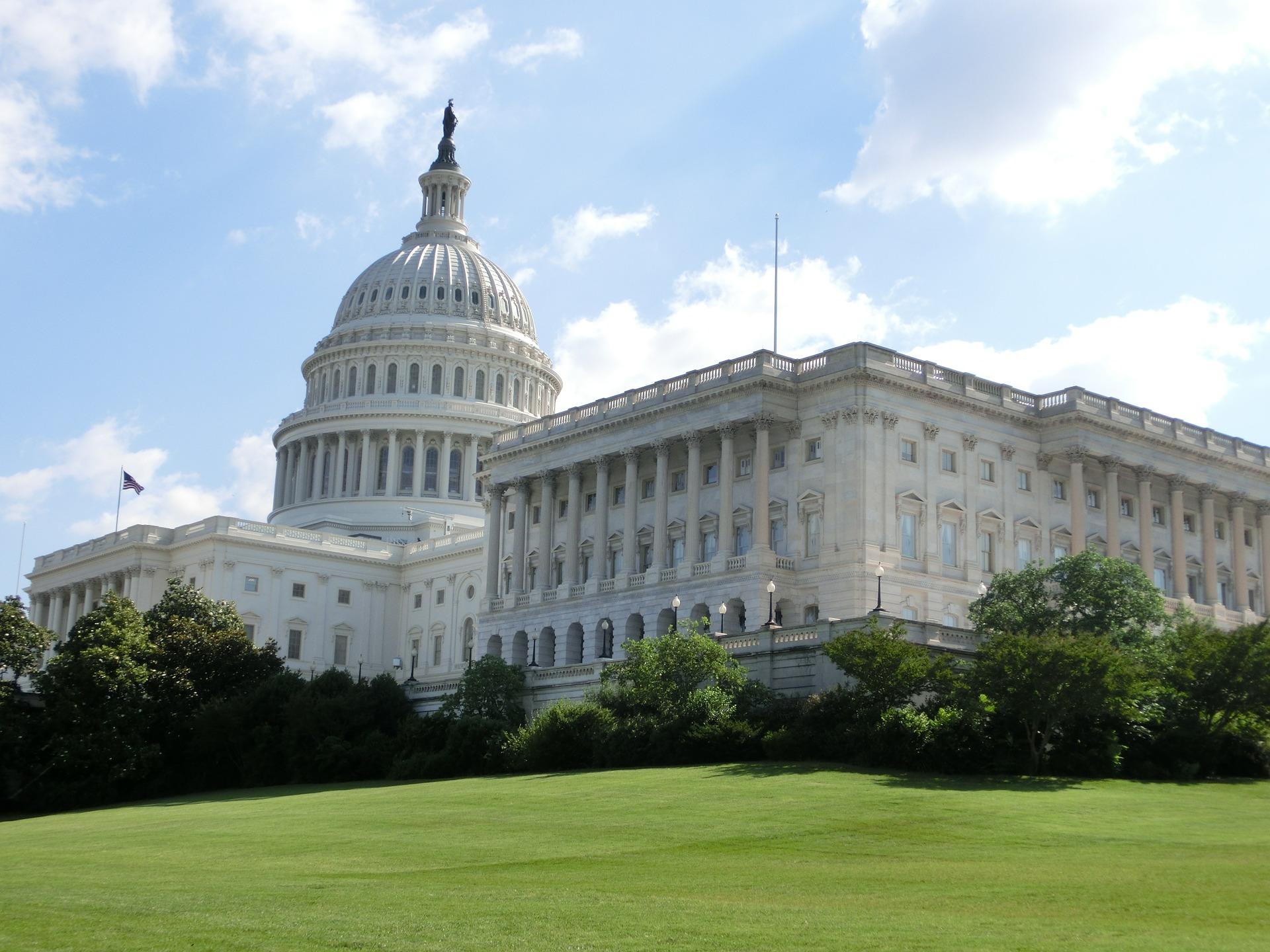Congress advances multiple conservation and outdoor recreation priorities

Following passage off the public lands package earlier this year, Congress continues to demonstrate its strong appetite for improving federal conservation and recreation policies through introduction and swift action on key pieces of legislation.
The NMMA has worked closely with Congressional leaders to advance these measures, which would improve and expand opportunities for recreation on public lands and waters. Summaries of these polices and the current states of play are below.
Land Water Conservation Fund
A cornerstone of the public lands package is permanent reauthorization of the Land and Water Conservation Fund (LWCF) – the federal conservation program that responsibly increases access to recreational fishing and boating on the nation’s public waters. The NMMA says the next step in guaranteeing viability of the program is to remove the requirement that LWCF funds must be appropriated on an annual basis and to instead provide full, mandatory funding for the program at a level of $900 million.
Bipartisan LWCF permanent funding legislation has been introduced in the House and Senate, and committees of jurisdiction have worked intently to expedite consideration of the legislation. Last month, the House Natural Resources Committee voted the bill out of committee, readying the measure for a vote by the full House. Senate Energy and Natural Resources Ranking Member Joe Manchin (D-WV) is leading the effort in the Senate, where the bill was considered by the committee at a hearing late last month.
There are divisions within Republican senators that the measure would take away their oversight of how money is spent. At the hearing, Senator Manchin recognized the challenge of providing meaningful dedicated funding but affirmed that “permanent funding is the next step Congress must take after our historic achievement earlier this year to permanently reauthorize the LWCF program.”
Restore Our Parks and Public Lands Act
The bipartisan Restore Our Parks and Public Lands Act (ROPA), introduced by Representative Rob Bishop (R-UT) and Derek Kilmer (D-WA), would direct federal funds to deferred maintenance and repair projects at sites managed by the National Park Service (NPS), other public land agencies, and the Bureau of Indian Education (BIE).
In late June, the House Natural Resources Committee voted ROPA out of committee with strong support from both parties. The measure would direct undedicated revenues from energy development on federal lands and waters into the fund, up to $1.3 billion per year for five years according to the following breakdown:
- 80% for the NPS;
- 10% for the U.S. Fish and Wildlife Service’s (FWS) National Wildlife Refuge System;
- 5% for the Bureau of Land Management (BLM); and
- 5% for the BIE.
Recreation Not Red-Tape
Last month, the Recreation Not Red-Tape Act (RNR) was introduced in both chambers of Congress by Senator Ron Wyden (D-OR), Senator Joni Ernst (R-IA), Representative Rob Bishop (R-UT), and Representative Debbie Dingell (D-MI). This widely supported bipartisan legislation removes regulatory barriers to outdoor recreation, making it easier for all Americans to experience and enjoy the Great Outdoors.
RNR would improve and enhance recreation on public lands and waters by:
- Ensuring recreation is prioritized, where appropriate, on public lands and waters by creating a National Recreation Areas system managed specifically for recreation and its health and economic benefits;
- Introducing new recreation-based metrics for public land manager performance evaluations;
- Improving the special-use recreation permitting process;
- Creating an online system for obtaining federal recreation passes;
- Enhancing the use of volunteers for maintenance and stewardship; and
- Facilitating and prioritizing outdoor programs for veterans.
From LWCF funding to ROPA and RNR, these measures are continued representation of outdoor recreation’s ability to coalesce both sides of the aisle behind commonsense policies that support and grow the outdoor economy.




